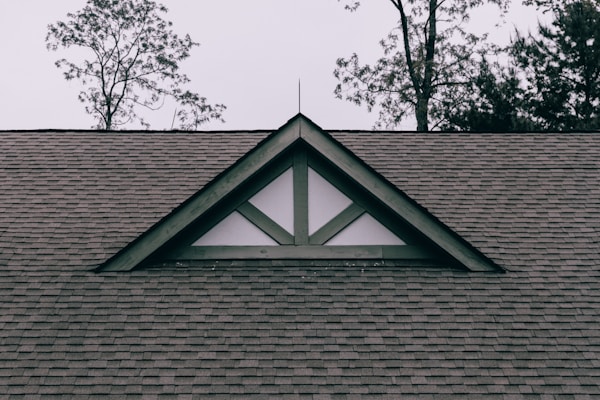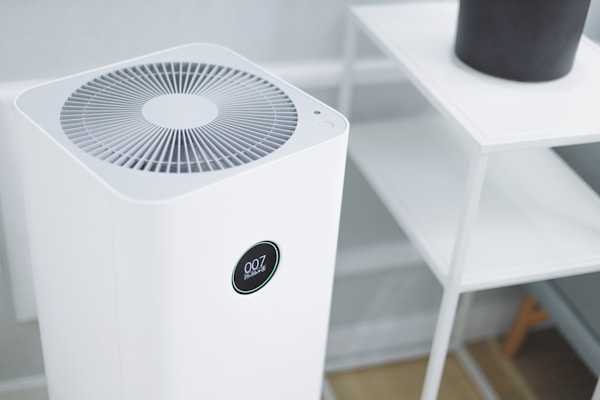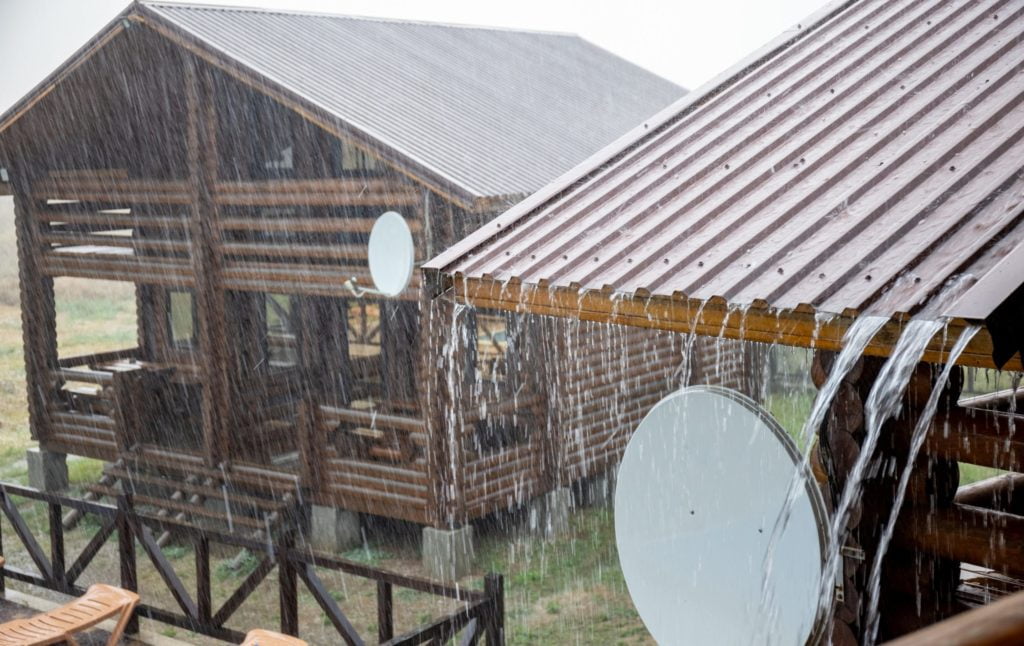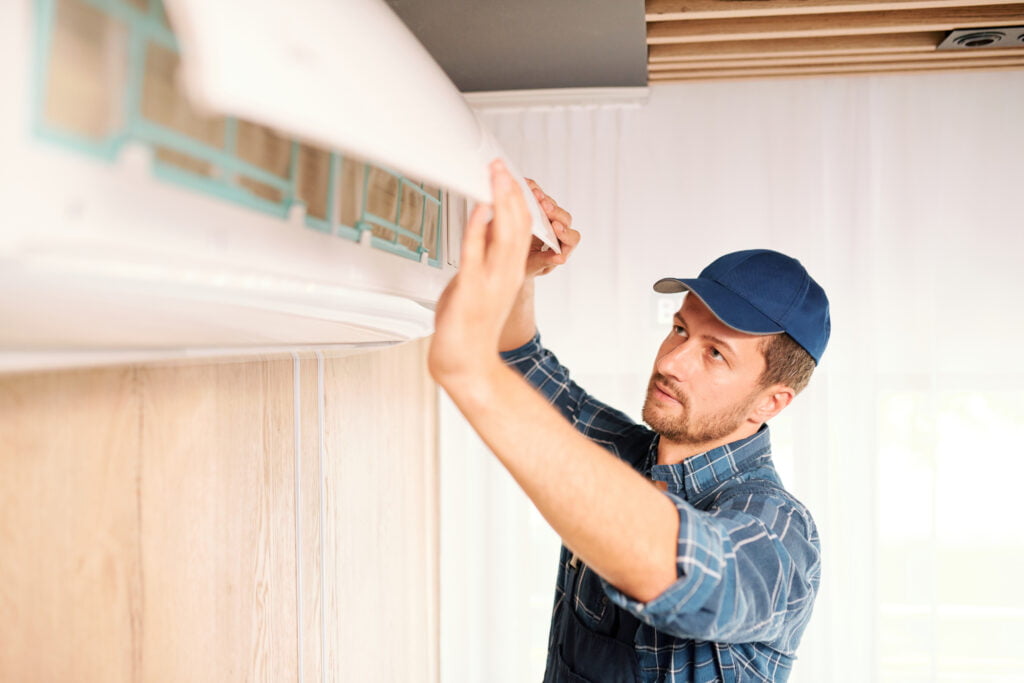Water damage can be a serious problem for homeowners. It can cause extensive harm to your home and lead to some costly repairs. In order to prevent water damage from occurring, it is necessary to understand the causes of water damage and how to prevent it. However, it can be difficult to know how to do that or what projects to take on, especially if you’re a first-time homeowner. Fortunately, there are plenty of resources that can teach you everything you need to know. If you’re not sure where to start, keep reading to learn how to keep your home safe from the elements.
How can you protect your home from rain and water damage?

A home’s roof is one of its most important features. Not only does it keep the weather out, but it also protects the home’s interior from water damage. That’s why you need to ensure that your roof is in good condition and is regularly maintained. Every homeowner should have a trustworthy roofing contractor, like Castle Roofing, that they can use to perform routine maintenance and address any repair or replacement needs when they arise. You should also check that your roof is properly ventilated. This will prevent moisture from building up and causing damage.
You should also be aware that your sewer line can cause water damage. If your sewer line is clogged or backed up, wastewater can flow out of the line and back up into your home through drains and toilets. This can cause extensive water damage and even flooding. If you suspect that your sewer line is causing water damage, call a specialist to inspect and fix the problem, like this business that handles sewer line repair Albuquerque. Your sewer line is an integral part of your home, and if it isn’t taken care of, it can cause some big problems.
What other home fixtures can cause water damage?

One essential way to protect your home from water damage is to make sure that there are no cracks or crevices in your windows that can let in moisture. This can cause water damage, which can be costly to repair. There are a few ways to check for these cracks and crevices. The most obvious way is to look at your windows from the outside. If you see any cracks or holes, you’ll need to take care of them quickly. You can also check for cracks and crevices by looking at the seals around your windows. If they’re loose or missing, water can easily get in.
When it isn’t well maintained, your HVAC system can also cause water damage. If your condensate drain is clogged, the water will back up and leak out of the system. This can cause water damage to your floor, walls, and furniture. It can also cause electrical problems and mold growth. To prevent this, keep your condensate drain clear and free of debris. You should have your HVAC unit serviced at least once annually and change the filter every 90 days. If your system is over a decade old, it may be time to start thinking about a replacement.
If you do experience water damage, take action right away to minimize it. Try to remove the water as quickly as possible, and dry out the area completely. If the damage is extensive, you may need to hire a professional to help you restore your home. You’ll be less likely to experience issues with water damage if you’re proactive about home maintenance and repairing any issues that arise as soon as possible. This includes maintaining home systems like your HVAC system and inspecting the seals of your windows every once in a while. If you follow this advice, you can take comfort in the fact that you’re doing everything you can to protect your home.











